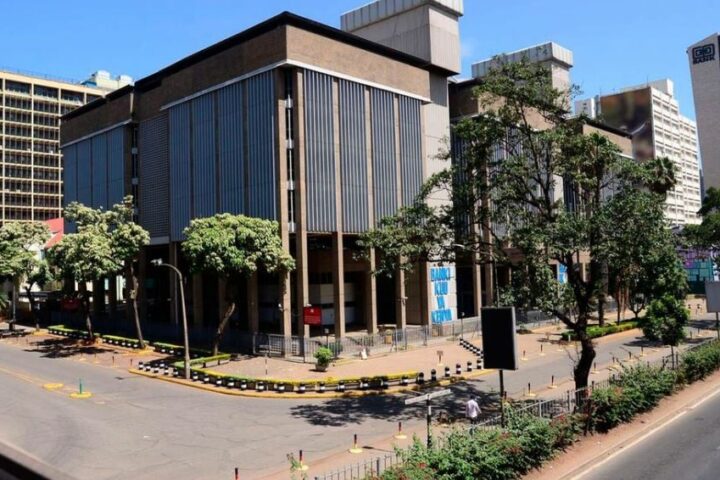 Security guards overseeing lodgings and various accommodation types in private and public premises are now required to collect visitor details and temporarily hold their identification documents.
Security guards overseeing lodgings and various accommodation types in private and public premises are now required to collect visitor details and temporarily hold their identification documents.
Top security officers, in a meeting chaired by Interior Principal Secretary Dr. Raymond Omollo on Monday, resolved to reinforce the guards’ awareness of this responsibility. The meeting addressed concerns about owners potentially being lax in ensuring the safety of visitors in general.
This follows two murder incidents at private Airbnb apartments providing lodging services in the city.
On Monday, January 15, Fazul Mahamed, the Director General of the Private Security Regulatory Authority (PSRA), wrote to all directors and managers of private security companies, providers, and individual guards, reminding them of their authority to document and temporarily retain identification in accommodation, lodging, and hospitality establishments.
“In response to the alarming increase in reported incidences of crime including murder cases, happening within residential apartments, particularly those affiliated with online accommodation, lodging, and hospitality platforms such as Airbnb, the Authority hereby issues the following directive aimed at addressing the emerging trends of insecurity to deter criminal activities within these premises and to further safeguard the safety of residents and guests,” Mahamed said.
Authority To Demand Identification
He mentioned that according to section 48 of the Private Security Regulation Act, a private security officer stationed at the entry of any premises or property has the authority to demand identification, register the time of entry and exit, and temporarily retain the identification documents of individuals.
“In furtherance of the above-stated provision of the law, all private security service providers offering private security services in residential apartments, lodging, and hospitality establishments are hereby directed to effective immediately comply with Section 48 of the Act.”
“At the entry of any premises or property within the jurisdiction and care of a private security service provider, a security guard or a security officer, the private security service provider, security guard or officer shall require a person to identify themselves, register the time of entrance and exit of the person and retain temporarily the identification document of such person,” he added.
Additionally, Mahamed mandated the maintenance of an up-to-date and precise log for all vehicles, rickshaws, and motorcycles entering or leaving facilities within the jurisdiction of a private security service provider.
Furthermore, security guards are required to keep a register of all private security officers offering services in residential apartments, lodging, and hospitality premises for both day and night shifts.
Functioning CCTV
The guards are also responsible for verifying the proper functioning of CCTV and security cameras, ensuring that the footage is current. Additionally, they must uphold an updated Access Control Policy, with a copy strategically displayed at the entry and exit points of the secured premises.
They were also instructed to uphold a security occurrence book to document daily significant incidents and noteworthy events concerning the safety of residents and guests within the premises.
“The identification documents surrendered at the point of entry shall be returned to the person at the point of exit, not be used for any other purpose save for identification and be kept in safe custody until given back to the owner.”
Fazul Mahamed emphasized that a private security service provider violating Section 48 of the Act, utilizing the identification documents/details obtained at the entry of any premises for purposes other than identification, and/or intentionally failing to adhere to this directive, is committing an offense.
In addition to the potential cancellation of the license, the guards, upon conviction, will be subject to the penalties specified under the Act or any other applicable written law, whichever is more severe.








